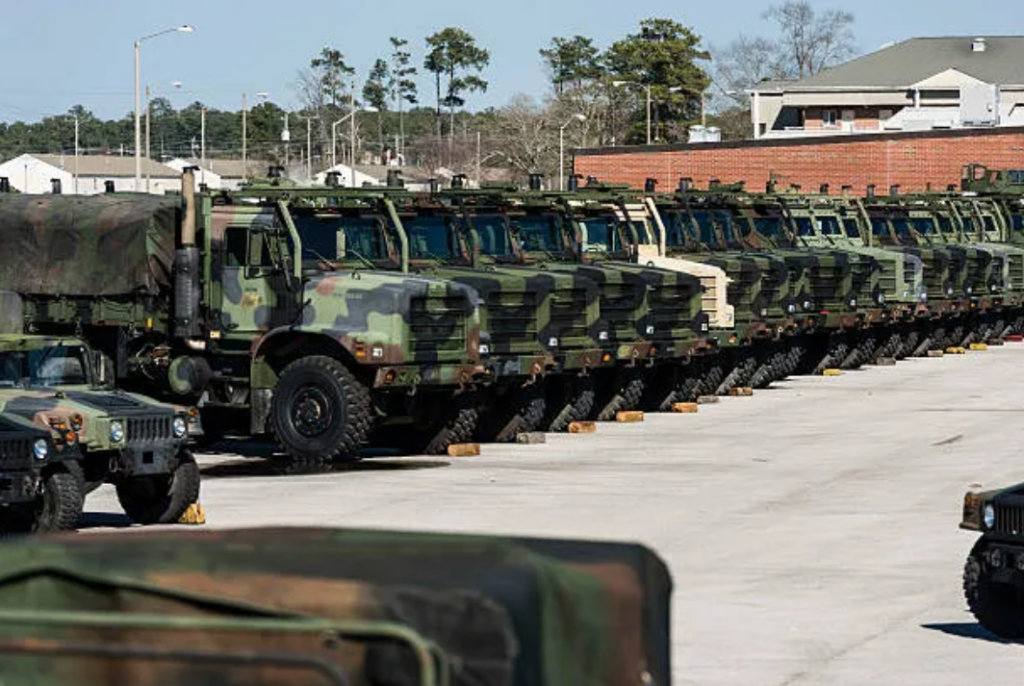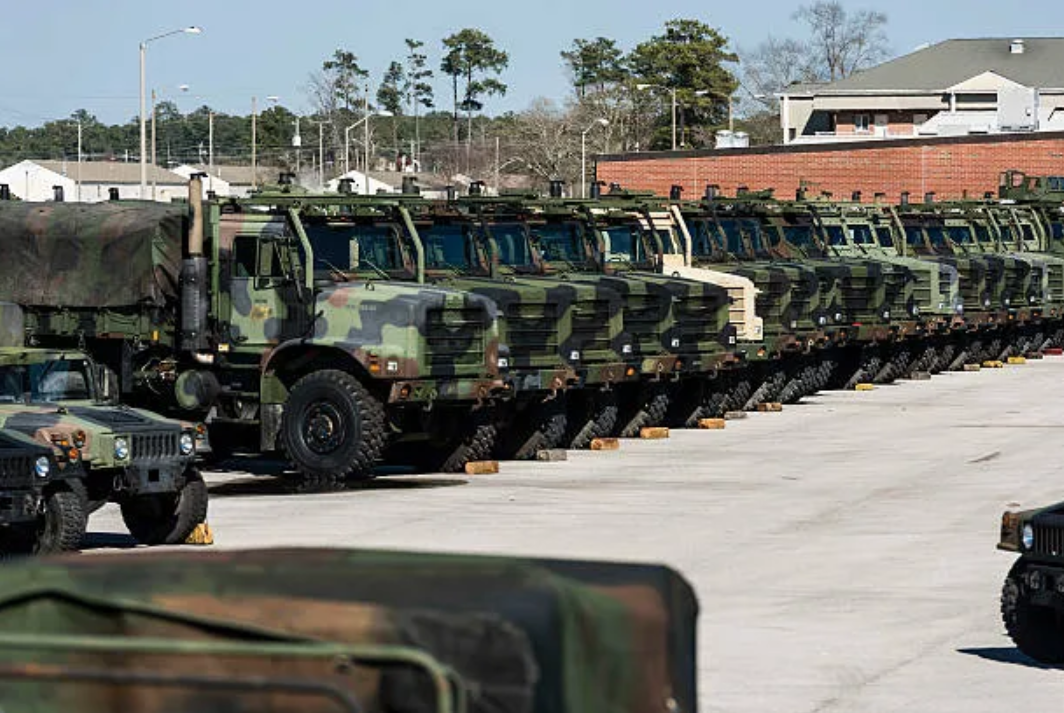
Camp Lejeune is a United States Marine Corps military base located in Jacksonville, North Carolina. Established in 1941, it is one of the largest Marine Corps bases in the country and has played a significant role in training Marines for various conflicts, including World War II, the Korean War, the Vietnam War, and the Gulf War. The base encompasses approximately 246 square miles and includes a large number of facilities and resources for military personnel and their families.
Camp Lejeune has been at the center of various environmental controversies and health concerns due to past contamination of its drinking water. From the 1950s to the 1980s, the base’s water supply was contaminated with hazardous chemicals, including volatile organic compounds (VOCs) like trichloroethylene (TCE) and perchloroethylene (PCE), as well as benzene and other toxic substances. This contamination led to serious health issues among military personnel, their families, and civilian employees who were exposed to the contaminated water.
List of Cancers Potentially Related to Veterans Who Served at Camp Lejeune:
The contamination of the drinking water at Camp Lejeune has raised concerns about a potential link between exposure to these toxic chemicals and certain health conditions, including various types of cancer. The following cancers have been studied as potentially related to exposure to contaminated water and other toxins at Camp Lejeune:
- Kidney Cancer: Some studies have suggested an elevated risk of kidney cancer among individuals exposed to TCE and other chemicals in the water.
- Liver Cancer: There have been associations between exposure to certain contaminants and an increased risk of liver cancer.
- Leukemia: Exposure to benzene, a known carcinogen found in the contaminated water, has been linked to an increased risk of leukemia, including acute myeloid leukemia (AML).
- Non-Hodgkin Lymphoma: Some research has indicated a possible connection between exposure to TCE and non-Hodgkin lymphoma.
- Bladder Cancer: Certain chemicals found in the contaminated water supply have been associated with an elevated risk of bladder cancer.
- Breast Cancer: Some studies have explored whether there may be a link between contaminated water at Camp Lejeune and breast cancer, but the evidence is less clear in this case.
Several other hazardous substances have been used at Camp Lejune:
- PFAs (Per- and Polyfluoroalkyl Substances): There have been concerns about the presence of PFAs, including PFOS (perfluorooctanesulfonic acid) and PFOA (perfluorooctanoic acid), in the groundwater near Fort Hood.
- AFFF (Aqueous Film-Forming Foam): AFFF is known to contain PFAS chemicals, including PFOS and PFOA. At Fort Hood, as at many other military bases, the use of AFFF for firefighting training has been linked to PFAS contamination of the environment, including groundwater.
- TCE (Trichloroethylene): Trichloroethylene is a volatile organic compound that can contaminate soil and groundwater. In some areas around Fort Hood, TCE contamination has been detected, likely as a result of past industrial and military activities.
- PCBs (Polychlorinated Biphenyls): PCBs are toxic chemicals that were used in various applications, including electrical equipment and hydraulic systems. There have been reports of PCB contamination at Fort Hood, due to the historical use of these chemicals.
- Asbestos: Asbestos was used extensively in construction materials, insulation, and other applications at Fort Hood. Asbestos-containing materials can pose health risks when they deteriorate or are disturbed during renovations or demolitions.
Veterans and individuals who were stationed at Camp Lejeune should consult with healthcare professionals and the U.S. Department of Veterans Affairs for information and support related to potential health concerns stemming from their service at the base.


